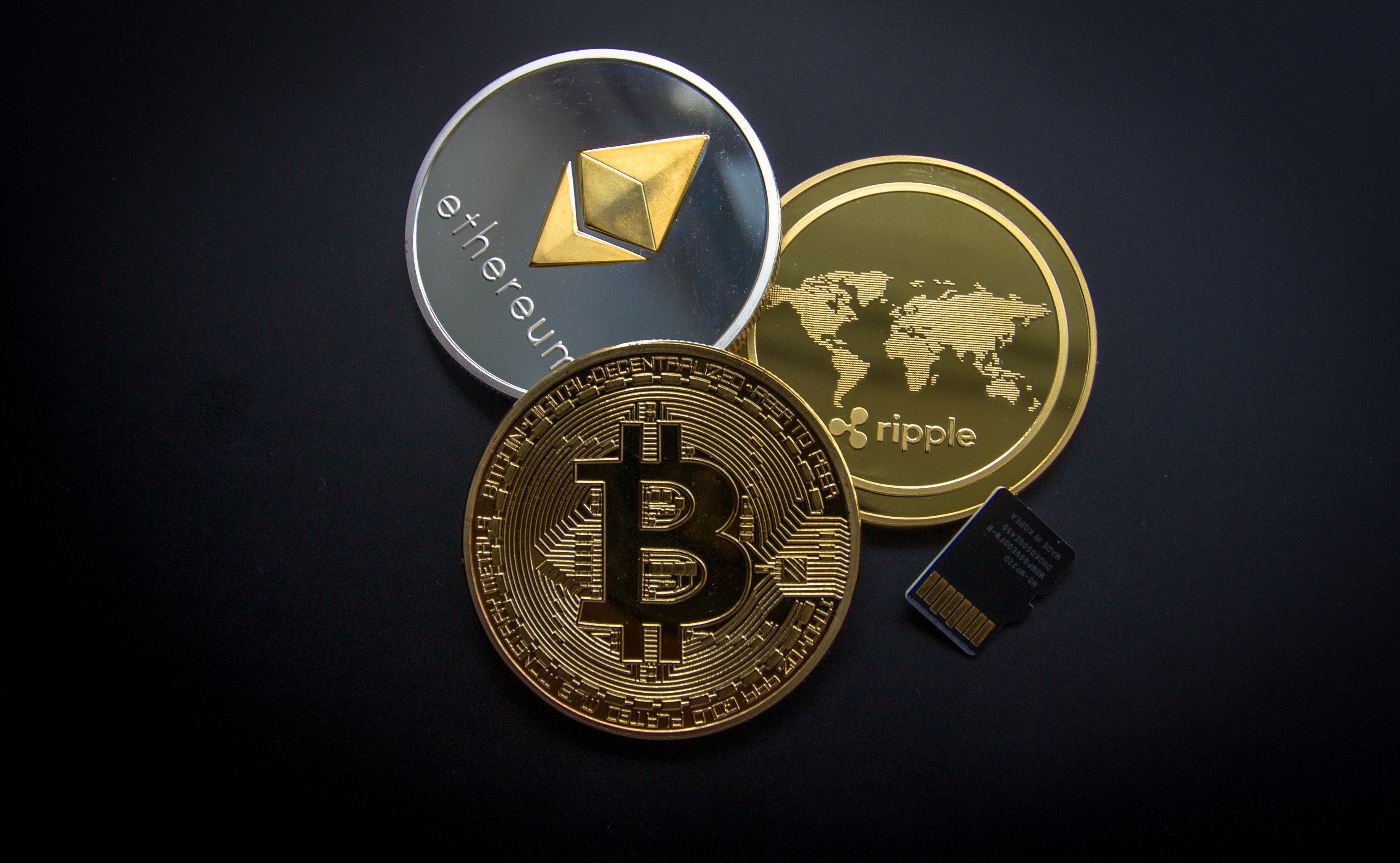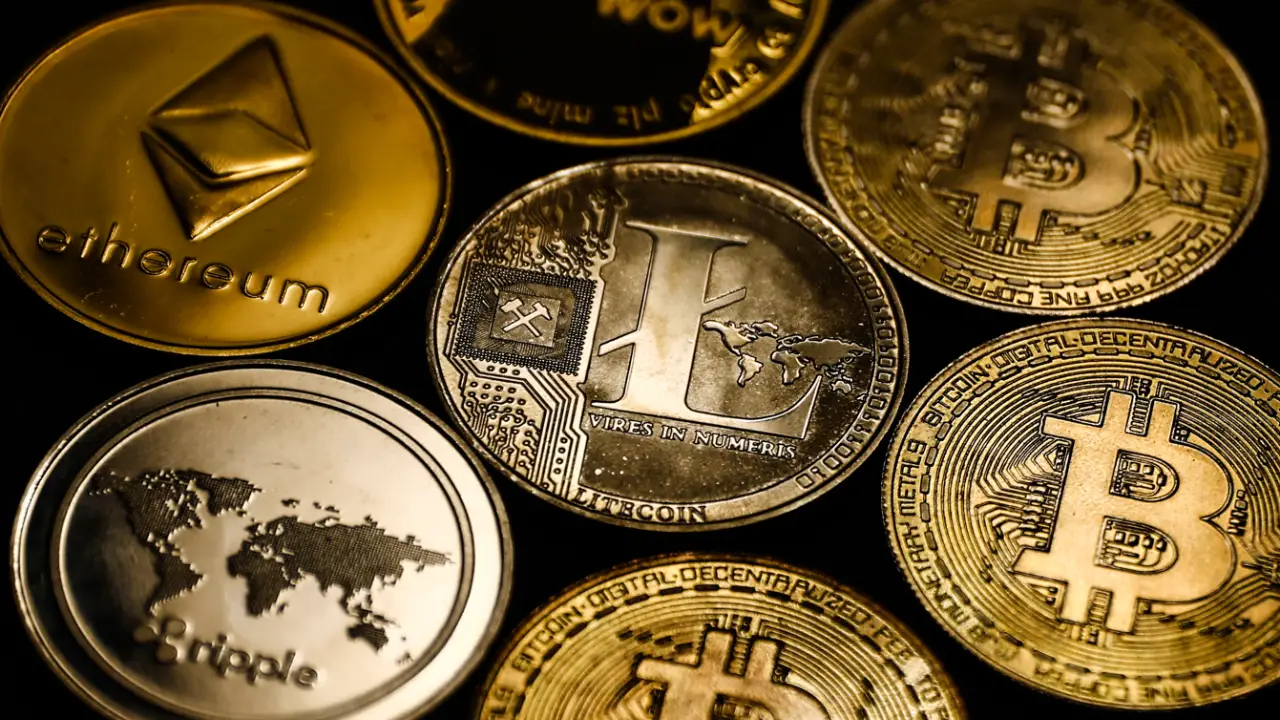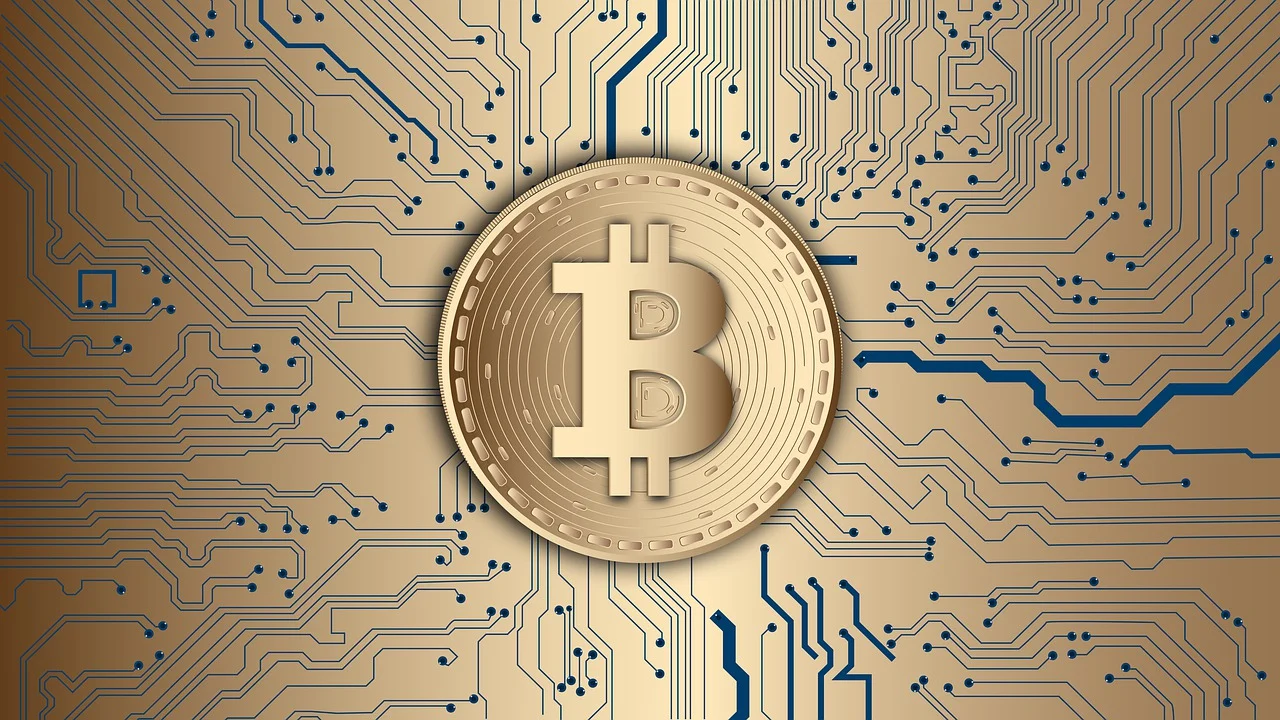Introduction to OpenSea

OpenSea is the world's largest marketplace for non-fungible tokens (NFTs). Since launching in late 2017, it has facilitated billions of dollars worth of sales and helped popularize NFT collecting across domains like digital art, sports collectibles, gaming virtual assets, and more.
OpenSea allows users to mint, list, buy, sell and discover NFTs across various marketplaces for different categories like art, domain names, collectibles and virtual worlds. It serves both as an online platform and mobile app for buying, selling, and discovering NFT assets.
In this article, we will provide an introduction to OpenSea - exploring its key features and marketplaces, revenue model, recent developments and the opportunities as well as risks of participating in the NFT economy through their platform.

Key Features of OpenSea
Some of the core features that have made OpenSea the top NFT marketplace include:
-
Multi-chain support - Listings available on Ethereum, Klaytn and other blockchains. Assets can be transferred across chains.
-
Easy minting capabilities - Users can create and list their own original NFT collections with a few clicks directly from the platform.
-
Browse and discovery tools - Filter NFTs by category, price, recently listed, top collections and profiles of top traders.
-
Secure escrow services - Facilitates P2P transactions with built-in escrow to release funds on receipt of NFTs.
-
Analytics and tracking - Charts trading volumes, floor prices, generator of market data for analysis.
-
Mobile apps - Cross-platform apps for iOS and Android enable on-the-go trading.
-
Social features - Connect profiles to display collections, follow favorite artists/creators.
-
Royalties for creators - Setter seller fees of up to 10% on secondary sales.
-
Multiple payment options - Supports payments via credit/debit cards, bank transfer and cryptocurrencies.
Beyond these core functions, OpenSea also operates niche marketplaces like OpenSeaVR focused on virtual worlds, domains marketplace and others.

OpenSea Marketplaces
OpenSea hosts various separate marketplaces under its umbrella for different categories of NFTs:
-
Art - Dominates volumes with profile picture projects like CryptoPunks, Art Blocks, Bored Ape YC.
-
Trading Cards - For collectibles like Cryptokitties, NBA Top Shot, Sorare football cards.
-
Domain Names - For buying/selling .ETH ENS domains.
-
Collectibles - Unique digital collectibles like Crypto Toons, Autoglyphs.
-
Virtual Worlds - For 3D assets within platforms like Somnium Space.
-Games - In-game items, land, skins, weapons for Axie Infinity, Gods Unchained etc.
These niche marketplaces offer tailored discovery, analytics and social features for each type. Art remains the biggest category constituting over 80% of total volumes historically.
Revenue Model and Growth
OpenSea mainly generates revenues from the following sources:
-
Seller fees - Charges 2.5% fee on all primary and secondary sales conducted.
-
Buyer fees - Charges 2.5% fee on purchases made using a payment method other than a linked wallet.
-
Gas fees - Any transaction fees paid by users to miners for NFT transfers.
-
Premium services - Offers paid features like custom contracts, verified creator badges.
In 2021, trade volumes on OpenSea crossed $5 billion despite the bear market. It facilitated almost $400 million in weekly sales at its peak. Monthly active wallets grew from 40k in Jan 2021 to over 300k by year-end.
The rapid growth aligns with the increased appetite for speculation, digital collectibles and play-to-earn games. As NFT adoption rises across industries, OpenSea aims to remain the primary gateway for discovering, buying and selling digital assets online.
Recent Developments
Some major developments from OpenSea recently include:
-
Mobile App Updates - Simplified UI, in-app notifications for new listings and sales.
-
Multiple Listings - Creators can now list unlimited collections onto the marketplace.
-
Polygon Integration - Launched a dedicated marketplace to tap into the scaling network's userbase.
-
3D Model Support - Enable viewing 3D NFTs directly within OpenSea instead of external platforms.
-
Authentication Updates - Advanced verification for high-value creators, collections.
-
Analytics Tools - Added more charts, filters and tracking features for market data.
-
Platform Tools - Announced an SDK and APIs for 3rd party integrations and building atop OpenSea.
-
Investment Fund - OpenSea Labs aims to seed NFT/web3 projects via a $100 million fund.
These updates focus on enhancing the user experience, expanding access to scaling chains like Polygon, and reinvesting in the growth of the NFT ecosystem overall.

Risks and Challenges
While OpenSea dominates the NFT market, there remain risks and challenges including:
-
Competition - New marketplaces may disrupt with innovative features, better UX or chain-specific focus.
-
Regulation - Unclear regulations around NFT trading could impact some categories like art/collectibles.
-
Gas Fees - Ethereum congestion/high fees still obstruct small-value NFT trades for some users.
-
Speculation - Over-dependence on hype and speculation could lead to volatility during bear markets.
-
Fraud Risk - Phishing links, scams, hacked profiles remaining an issue despite protective measures.
-
Centralization Risk - Single point of failure if OpenSea faces outages or gets hacked like recent phishing attacks.
-
IP/Content Issues - Problems around stolen/plagiarized works being sold without consent.
-
Market Dynamics - Floor prices fluctuations, rug pulls impact confidence in some blue-chips/collections.
Overall, upholding security, decentralization, responsible content policies and tapping scaling solutions will be crucial for OpenSea maintaining its leadership position long-term.
Conclusion
OpenSea has succeeded in onboarding millions to the world of NFTs through its well-designed platform, easy minting, and range of features across marketplaces. As the most well-known gateway, it plays a pivotal role in shaping perceptions and driving further innovation, collection, and experimentation within this burgeoning digital asset class. However, risks like competition, regulation, gas fees and market volatility continue to pose challenges. With proactive improvements addressing such issues, OpenSea is well-poised to see its dominance cement further in coming years.
*** Disclaimer :-This website contains information that only educates people. We never guarantee the correctness of any piece of data given on this site. Our motive is not to promote, suggest or recommend anything to anyone. ***
